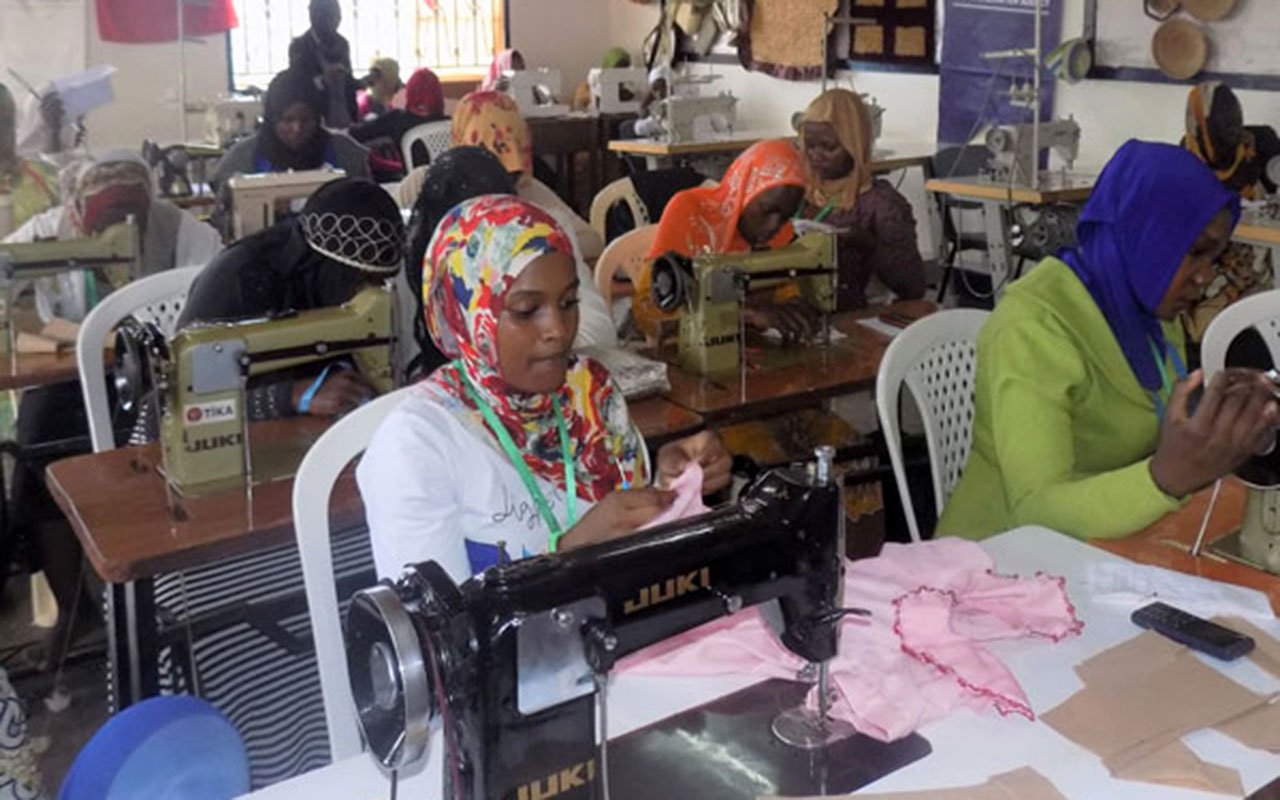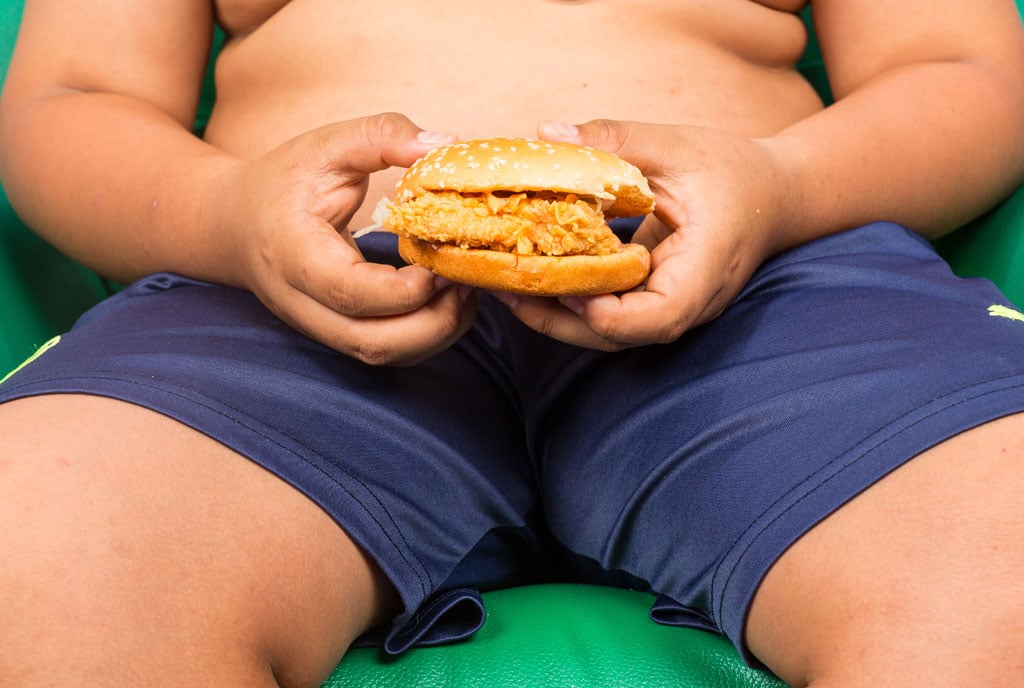Kawempe slum dwellers served free food

Some of the children being served food. Photo/Jane Nafula
What you need to know:
- Food remains a luxury to millions of learners especially those under Universal Primary Education(UPE) whose parents say, they are unable to pack food or make a contribution towards school feeding program, due to biting poverty back home.
Hundreds of slum dwellers from Nsoba slum in Kawempe Division thronged Nsoba gardens on September 22 to get lunch, a meal that is considered a luxury by most urban poor.
By 8am, families that were mobilized by local authorities had already settled at the venue where food was to be served by Indian philanthropists from North Gujarat Association Uganda (NGA).
At around 10:30 am, a truck carrying huge saucepans of cooked food arrived at the venue amid ululation from the visibly hungry children and women.
As the crowd matched towards the truck, children were immediately asked to line up so that they could be served the long awaited meal.
The area LC I Chairperson of Nsoba East, Mulago III, Mr Harman Katongole revealed that most families living in slums areas within his area of jurisdiction have one meal a day due to jaw dropping poverty levels.
“Most of the families here do petty jobs which cannot raise enough money to cater for their basic needs. Lunch is considered a luxury by most families. That is why children resort to selling scrap so that they can raise money to buy something to eat when their parents are not able to do so," Mr Katongole asserted.
Prosper Kato, a 14-year-old boy from Nsoba, off Mawanda Road who revealed that his father works as a taxi conductor, while his mother sells samosa within Nsoba slum said, "We always eat once, at around 4pm. My parents have no money to provide us with all the meals. I’m excited to have an early lunch today." The visibly excited Kato said before he walked away with a plate of food and a drink.
Kampala Capital City Authority (KCCA) estimates that there are over 60 slums spread across the city.
It is also estimated that about 372, 000 poverty-stricken families in Kampala live informal settlements.
In addition, 70 percent of the families live in temporary structures.
Majority come to Kampala with hope to get better job opportunities and social services which most times does not come to pass.
Mr Nitesh Kumar, the Chairperson of North Gujarat Association who was flanked by the association's committee members, said provision of food was among the charity programmes that they were implementing in different parts of Uganda to restore hope among needy children.
Mr Nitesh said the association has been key in offering scholarships, organizing health camps and donating blood to contribute to efforts intended to check blood shortages in health facilities.
"We are dedicated to making a positive impact in the lives of the needy children. We provide them with food, school fees and medical services. We want them to be healthy and also stay in school," he said.
Mr Raju Sareen the chairperson of Indian Association Uganda commended North Gujarat Association for supporting the needy, saying food is a basic survival item that must be accessed by everyone to grow well.
“Without enough food, children cannot grow well. It is our duty to share resources. Ugandans are changing our lives by giving us a chance to serve them and be part of the community. We are not doing them a favour, we are simply performing our duty," Mr Sareen said.
Hunger remains a challenge that children in and out of school continues to grapple with.
Currently, feeding children while at school is a responsibility of parents.
The family led feeding policy was initiated following the 2013 school feeding and nutrition guidelines introduced by Education Ministry.
Despite the existence of such guidelines, food remains a luxury to millions of learners especially those under Universal Primary Education(UPE) whose parents say, they are unable to pack food or make a contribution towards school feeding program, due to biting poverty back home.
According to Mr Eric Kakole, Assistant Commissioner Policy Analysis Ministry of Education and Sports studies indicate that only 34 percent of learners in Uganda have access to a school meal while 66 percent still languish in hunger.




